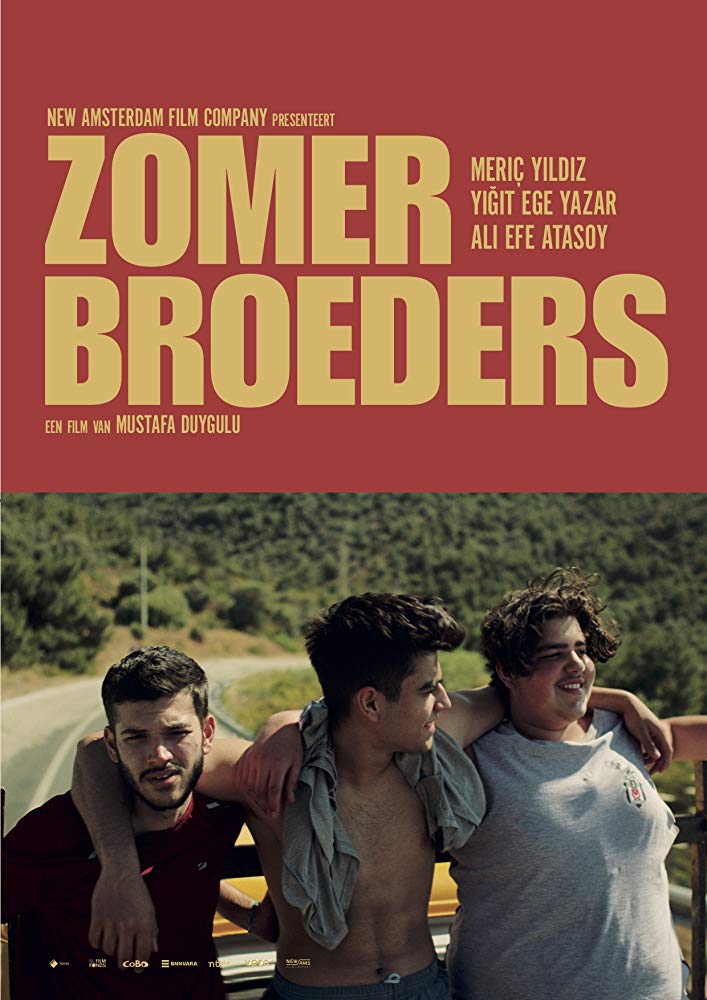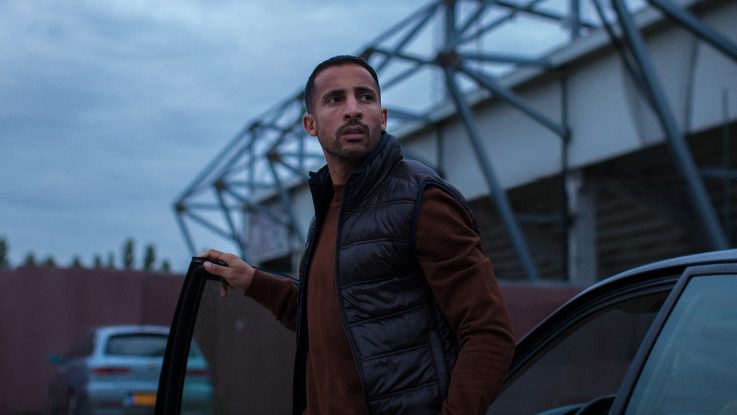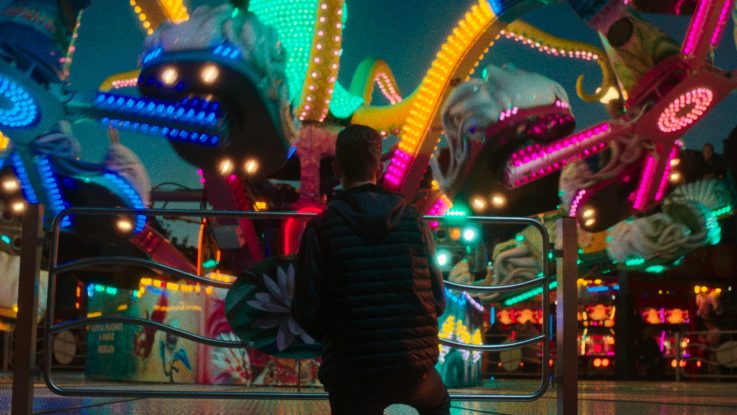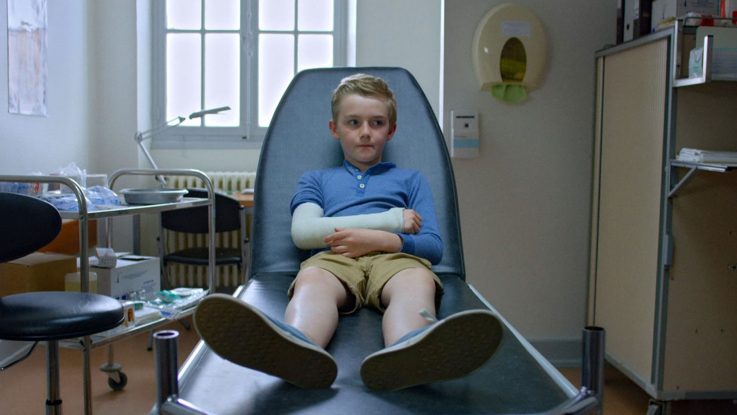Bora and his dad have spent their summer vacation with their family back in sunny Turkey and now it’s almost time to go back to the Netherlands. On the last day that he gets to spend with his best friends, Bora is ever the insecure teenager, trying to fit in, or not, being a friend, or maybe a lover, a macho even. Not all of these roles fit him, which is something he has to find out for himself in Dutch writer-director Mustafa Duygulu’s 40-minute film Zomerbroeders (‘summer brothers’).
- Cast
- Meric Yildiz, Ege Yazar, Ali Efe Atasoy
- .
- Ahsen Eroglu, Vefa Ocal
- Writer & Director
- Mustafa Duygulu
- Cinematographer
- Daan Bukman
- Editor
- Emiel Nuninga
- Production designer
- Nadide Argun-van Uden
- Sound designer
- Gijs den Hartogh
- Line producers
- Philip Harthoorn, Nadir Operli
- Producers
- Thomas den Drijver, Julius Ponten
- .
- Sander Verdonk
Zomerbroeders is Mustafa’s second short film with New Amsterdam, following on from Omega (2016). (In between, he he also co-wrote Victor D. Ponten’s feature Catacombe and Jim Taihuttu’s forthcoming De Oost.) The story is set in the coastal town of Foça. There the Dutch-Turkish teen has two best buddies, Dursun and Kagan. And there has fallen in love—sort of, maybe— with another friend, Burcu, the girl next door. With a father who seems embarrassed by his son more often than not, and noticing Burcu’s interest in another boy, Bora gradually disconnects from his friends and family, looking to prove himself.
‘I wrote it in Dutch and had it translated afterwards, but I didn’t let the actors read that,’ Mustafa says about his directorial approach. ‘I started by improvising with the actors, and only after a week did I go over the screenplay with them. They knew the general direction of the story, but I wanted them, from their characters, to establish their various relationships first.’
I started by improvising with the actors, and only after a week did I go over the screenplay with them. They knew the general direction of the story, but I wanted them, from their characters, to establish their various relationships first.
‘I then rewrote their improvisations in Turkish into the final screenplay. Some improvisation techniques that I’ve used in the theater helped to create more natural performances, but there are downsides: it takes more time, because you need to improvise a scene a few times before everyone gets it right. You’re shooting a lot of material that you have to sort through in the edit. You also need a very flexible crew, who can follow the actors. I was inspired a lot by the movie La Vie d’Adèle, I wanted my film to be as lifelike.’



